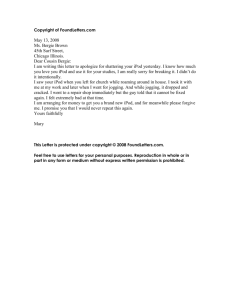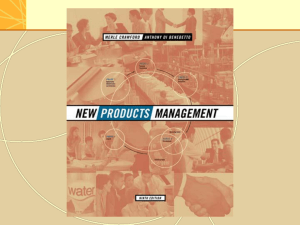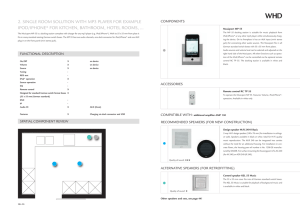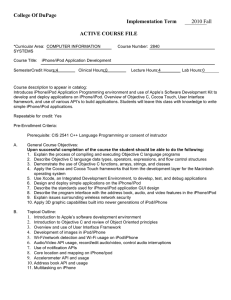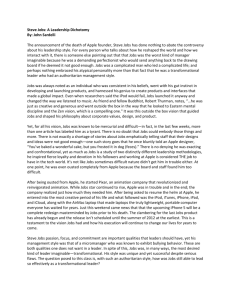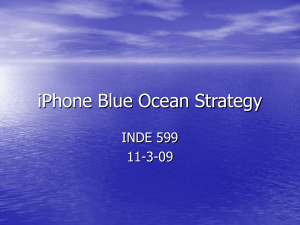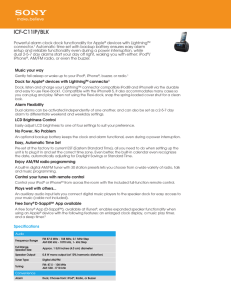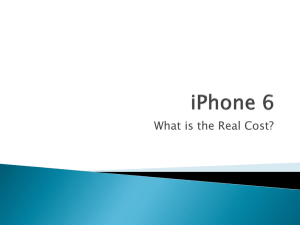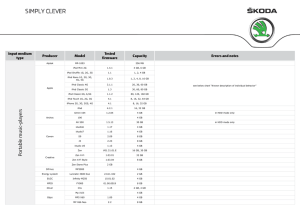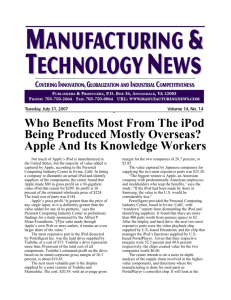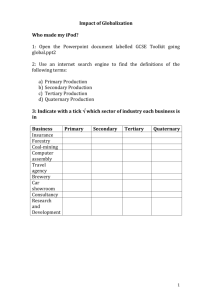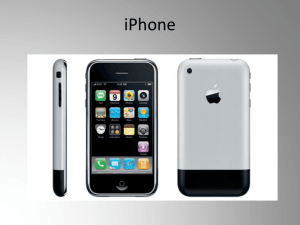Ansoff's Growth Strategy Matrix
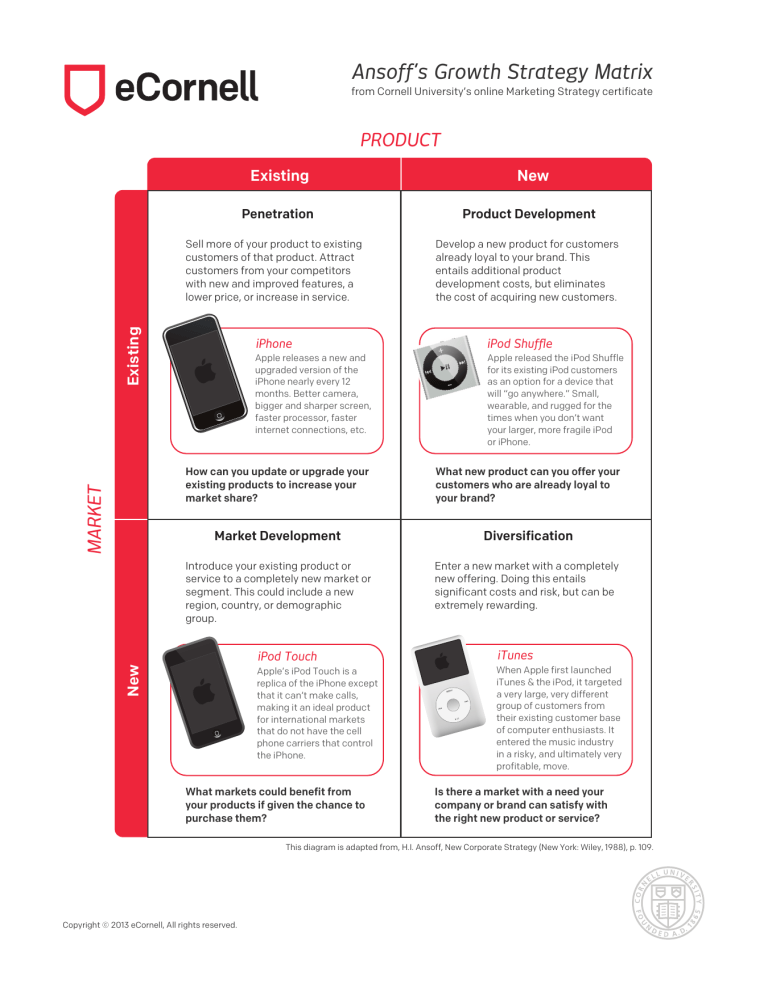
Ansoff’s Growth Strategy Matrix
from Cornell University’s online Marketing Strategy certificate
Existing
Penetration
Sell more of your product to existing customers of that product. Attract customers from your competitors with new and improved features, a lower price, or increase in service.
PRODUCT
New
Product Development
Develop a new product for customers already loyal to your brand. This entails additional product development costs, but eliminates the cost of acquiring new customers.
iPhone
Apple releases a new and upgraded version of the iPhone nearly every 12 months. Better camera, bigger and sharper screen, faster processor, faster internet connections, etc.
How can you update or upgrade your existing products to increase your market share?
iPod Shuffle
Apple released the iPod Shuffle for its existing iPod customers as an option for a device that will “go anywhere.” Small, wearable, and rugged for the times when you don’t want your larger, more fragile iPod or iPhone.
What new product can you offer your customers who are already loyal to your brand?
Market Development
Introduce your existing product or service to a completely new market or segment. This could include a new region, country, or demographic group.
Diversification
Enter a new market with a completely new offering. Doing this entails significant costs and risk, but can be extremely rewarding.
iPod Touch
Apple’s iPod Touch is a replica of the iPhone except that it can’t make calls, making it an ideal product for international markets that do not have the cell phone carriers that control the iPhone.
What markets could benefit from your products if given the chance to purchase them?
iTunes
When Apple first launched iTunes & the iPod, it targeted a very large, very different group of customers from their existing customer base of computer enthusiasts. It entered the music industry in a risky, and ultimately very profitable, move.
Is there a market with a need your company or brand can satisfy with the right new product or service?
This diagram is adapted from, H.I. Ansoff, New Corporate Strategy (New York: Wiley, 1988), p. 109.
Copyright © 2013 eCornell, All rights reserved.


